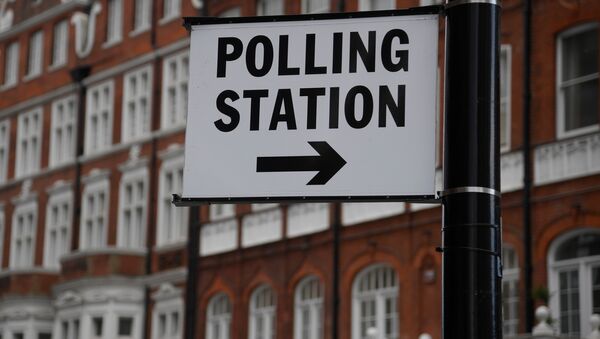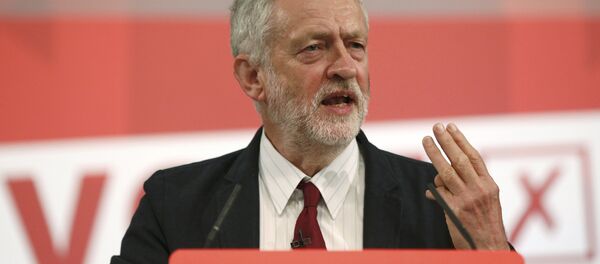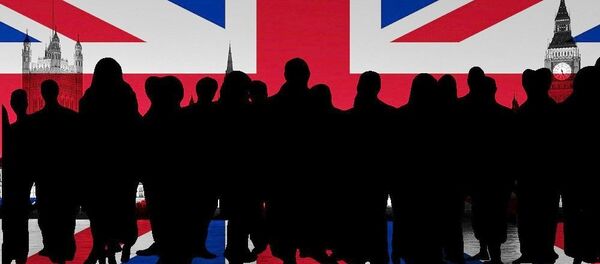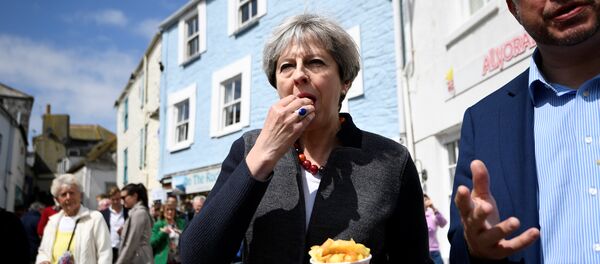When David Cameron — then prime minister — took the decision to set the date of a referendum of Britain's membership of the European Union, he was confident he could lead the debate, win backing from Brussels and keep the UK safely inside the EU.
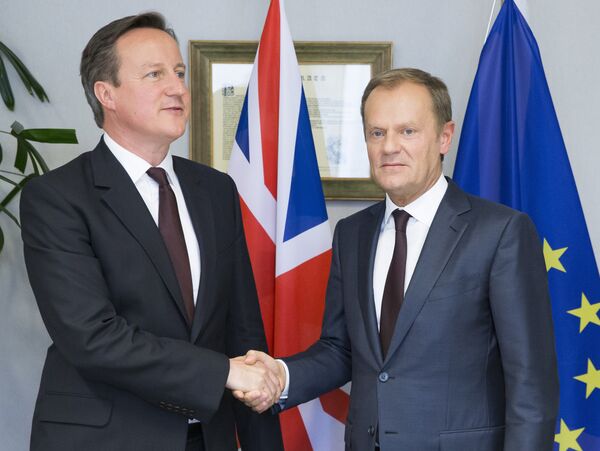
He had negotiated a series of agreements with his EU partners, including the "emergency brake" deal to limit access to in-work benefits for new EU immigrants, confirmation that the UK would not seek "ever closer union" and the non-discrimination of countries not in the eurozone.
But many thought this was not enough, and his strategy of warning that leaving the union would mean Armageddon for the UK backfired on him, particularly when US President Barack Obama said that if Britain left the EU, it would be at the "back of the queue" in any trade talks with the US, a threat which angered many Britons.
When Cameron saw the results of the referendum coming in, during the early hours of June 24, pointing to a victory for Brexiteers, the writing was on the wall. Those wanting to leave the EU won by 52 percent to 48 percent. Cameron threw in the towel and resigned that morning.
Labour Disarray
Meanwhile, trouble was brewing within the Labour Party, which had been led by Jeremy Corbyn since September 2015, after the party's defeat in that year's election. However, Corbyn was — and still is — at odds with most of his own MPs.
Corbyn — a long-time euroskeptic — was accused of running a "lukewarm" campaign to remain within the EU — which was Labour Party policy and showing a lack of leadership — especially for taking a holiday in the run-up to the referendum.
In June 2016, he lost a vote of confidence by Labour Party MPs by 172-40, although he went on to survive a leadership challenge, September 2016, based on all Labour Party supporters.

By then, Theresa May was ensconced in 10 Downing Street, ruling out any idea of an election, which many in her party were calling for, so that she could win a personal mandate and — surely — a greater majority in parliament, as Corbyn's Labour Party were in disarray.
She changed her mind after going for a long walk with her husband and called the election for June 8, 2017. The majority of Labour MPs wanted an election, to lose it, in order that they could then depose Corbyn. That was a fact borne out when Labour MPs supported the vote to veto the Fixed-term Parliaments Act and force a snap election.
At that point, May's Conservative Party was well ahead in the opinion polls, with many showing her party with a 24 point lead over Labour and her personal appreciation index running high. In the space of seven weeks, however, the polls have narrowed to such an extent that some are now predicting a hung parliament.
'Ice Maiden'
Having changed her mind over calling an election, she then had to back-pedal on a manifesto pledge over elderly care, which managed to rattle many within her own party. She also refused to go head-to-head in TV programs with the other leaders, which many saw as being a sign of her remoteness. Not for nothing is she known as the "ice maiden."
After a political year like no other in recent history, Britain is now braced for an election the outcome of which is uncertain.
If May wins by a landslide — which was predicted at the outset — she will have got her mandate and will go strong to Brussels to begin the Brexit negotiations.
If she wins — but only by a short margin — she will have made a bad call, as her mandate will look weak. If there is a hung parliament — which could happen if the turnout is low — then she will have precipitated yet another political bombshell.
A hung parliament could lead to her attempting to lead a minority government, which will open up deep divisions within her own party. On the other hand, Corbyn could cut a deal with the Scottish Nationalist Party, which would end up with him being prime minister and negotiating Brexit in coalition with a party that backed remaining within the EU, throwing Brexit into chaos.
The nation, Europe, the world waits with bated breath for the results to start rolling in, during the early hours of June 9.
The latest poll of polls shows May's party on 42.9 percent and Corbyn's on 37.3 percent, a far narrower margin than May started out with and one which will make uncomfortable reading in Downing Street.

